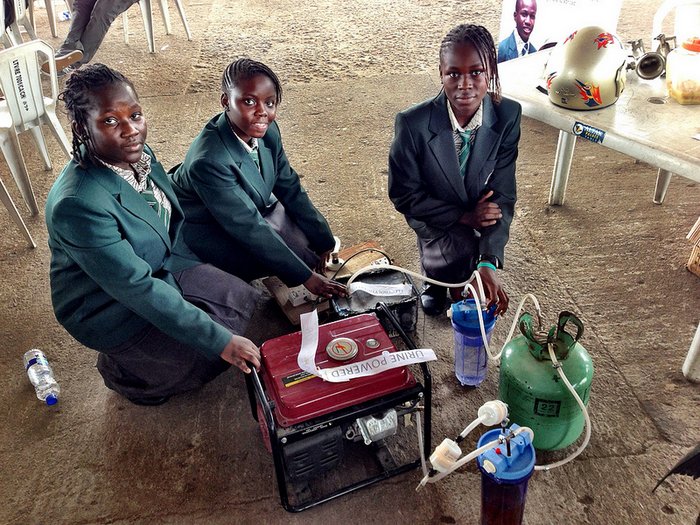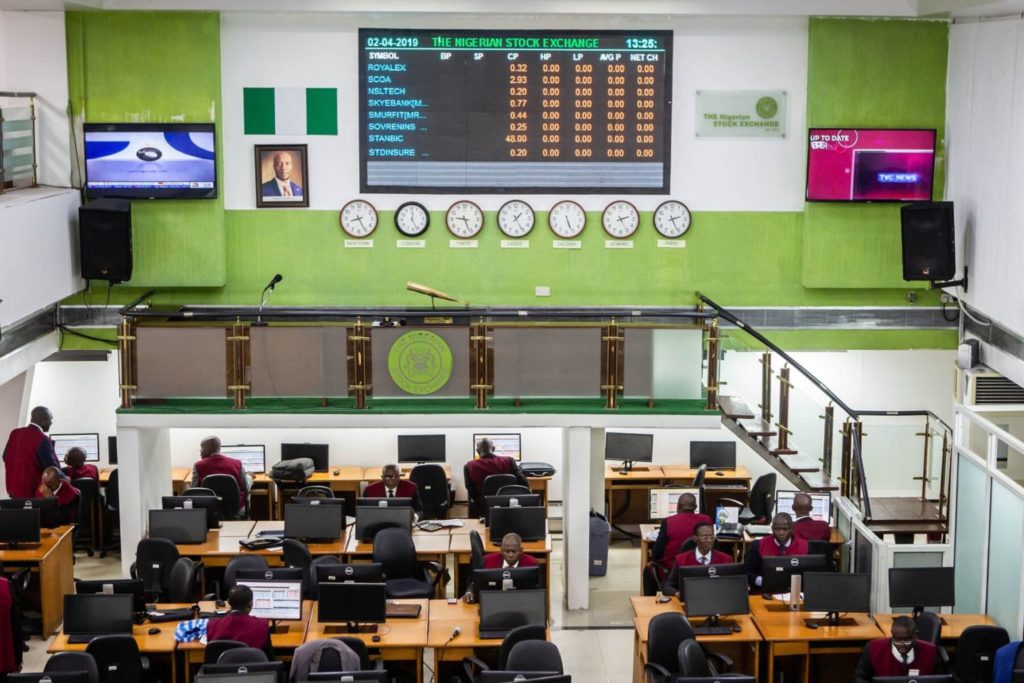Science, the practical kind, used to be a huge part of the culture in Nigerian secondary schools. There used to be a club that encouraged students to compete and excel in STEM disciplines. The JETS club, it was called.
Some of you remember it. JETS stood for “junior engineers, technicians and scientists”. What information I could find on the internet about it suggests that the club was founded in 1982 by one Professor Okebukola.
The JETS club became practically ubiquitous across secondary schools in Nigeria. Every brainy kid aspired to be one of the geniuses that would get called to represent their schools in the prestigious National competitions. The hard-fought finals were often broadcast on national television.
So what happened to the JETS Club? Somewhere along the line, it fizzled, and to most people of my generation, it is but a fond memory. Most children in secondary school today would have no idea what the JETS club is. The JET club’s essence survives still in some high schools around Nigeria, but only barely.
The decline of the JETS club seems directly linked to the decline of education in Nigeria. Over the course of two decades, a combination of government neglect, a youth bulge and decaying infrastructure have reduced the sector to a gaunt shadow of itself. Naturally, the STEM disciplines didn’t fare too well. By the time I was old enough to have been in the JETS club, there was no JETS club.
In 2004, The first National Festival Of School Science held in Benin City, Edo State. Unlike the JETS competition which was in the form of a quiz, the new science festival focused on actual science projects, which were presented and judged. Only schools from within the state participated in the first year.
Five years after the first festival in Benin, Intel took an interest in the competition and sent the winning finalists to Nevada in the United States to participate in the international science and engineering fair. Since 2009, young Nigerian scientists have taken their inventions to Intel ISEF, a global showcase of innovation from pre-college students
Now in its tenth year, National Festival of School Science was attended by secondary schools in nearly all 36 states of Nigeria and the Federal Capital Territory, Abuja. The best six teams to come out of that February event in Uyo, Akwa Ibom, are currently in Los Angeles for the 2014 Intel ISEF event, among 1,600 young scientists from over 70 countries and more than 400 affiliated science fairs.
As an arts and humanities student in high school in the early 2000s, the only science course I took was biology, but it was enough to be aware of how bad things had become for STEM in Nigeria. In my final year, I attended a public high school, and we didn’t have laboratories. So of course, none of the lessons were practical. Our final exams were the first time many of us saw any specimens in real life. Up till then, all we’d simply studied the line drawings of dissected toads in our science textbooks. The most advanced experiment the chemistry students I knew could do back then was something called titration.
That is why it was exciting to learn of the three girls from a secondary school in Lagos who on the back of recognition from Maker Faire Africa got a chance demonstrate at the 2013 Intel ISEF. Their work? A contraption that converts human waste to electricity. Via a convoluted and potentially dangerous process, they had figured out how to distill pure hydrogen out of urine, use it to power a generator. “Pee power”, if you like. The science is complicated, and it will take a while to make the girls’ proposed solution a commercially viable one, but at such an early stage in their lives and, and given the Nigerian context, it is the intention that counts.
Today is the second day of the 2014 Intel ISEF expo, and I’m standing in the Los Angeles Convention Centre, looking into a massive quad filled with eager pre-college science whizzes from all over the world. There is one big question on my mind. How do we defy the challenges of infrastructure and policy and expose as many Nigerian children as possible to science and technology in its purest forms? Our children are tomorrow’s leaders. But tomorrow is bleak if they are not engaged with the right tools and skills, today.
Those girls. The six teams from Nigeria and their inventions, who you will meet shortly. And the other 168 young students that participated in the national science fair. These kids are perhaps the closest thing to the old JETS club right now. More kids need to join the club.
Image credit – Flickr and Maker Faire Africa.















